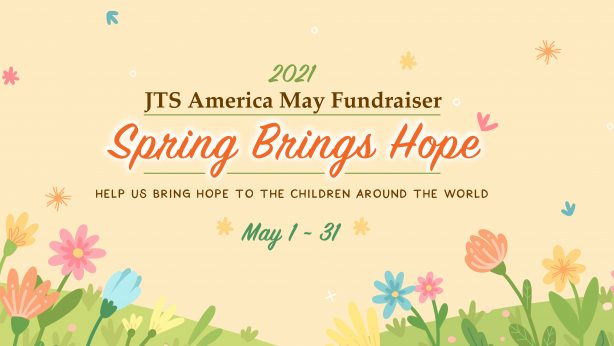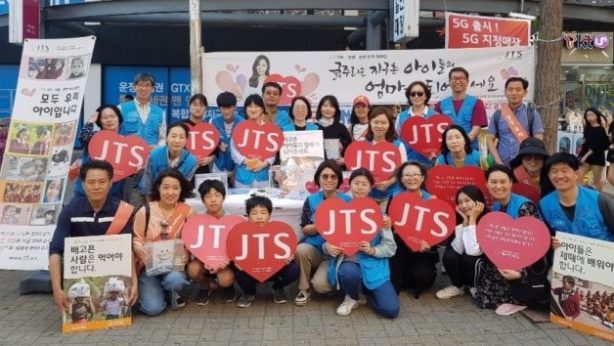Feed My Starving Children Campaign
We turned away from the mass starvation of 3 millions North Koreans in 1997. 11 years later, we repented after our insouciance and eagerly appealed to help them in 2008, but we couldn’t save their lives. We just said “Sorry”!
In this glorious spring, we would like to collaborate in gathering our sincerity of benefactors to save millions North Korean people starving to death.
The current food crisis in North Korea is much more severe than what’s been known to outsiders. No food ration is given out to most people, except high-level government officials. It’s impossible for them even to purchase food due to the skyrocketed food price, which soared 100 times since the currency reform. More tragically, many people were frozen to death last winter because of no fire wood and no electricity supplied for residential hearting.
Good Friends, a humanitarian research institute for the North Korean society, informs that “since the food crisis this year is worsened to levels not seen since the 90’s, if it goes on without help, millions and millions people would die from starvation again.”
6.1 millions of vulnerable people like children, pregnant women, and elderly could be saved from mass starvation if 434,000 tons of food are aided.
(Source: North Korean Food Research as World Food Planning, done by U.N. World Food Program (WFP) in March 2011)
Back in May 2008, the U.S. government announced the food assistance to North Korea and 169,000 tons of food aids were shipped in February 2009. Unfortunately the assistance was completely aborted in September 2009 due to the issues in monitoring and access.
Many people are curious.
“Does the donated food really reach the needed while people in power embezzle it?”
Ven. Pomnyun Sunim, a representative of Good Friends, responses to the doubt.
“I can’t say 100% of the aid goes the needed. I can’t say that soldiers don’t benefit from the food that we send at all, either. However, I heard many stories about soldiers that got caught stealing food. That implies that soldiers are also one of innocent people starving to death. Of course there would be embezzling while passing down the distribution chain, but isn’t it the same story in South Korea? Remember they also suffer from famine. Nonetheless, the most vulnerable groups like orphans, infants and children are mainly supported and monitored.”
You can make a donation today to help us feed starving children and save their lives.


